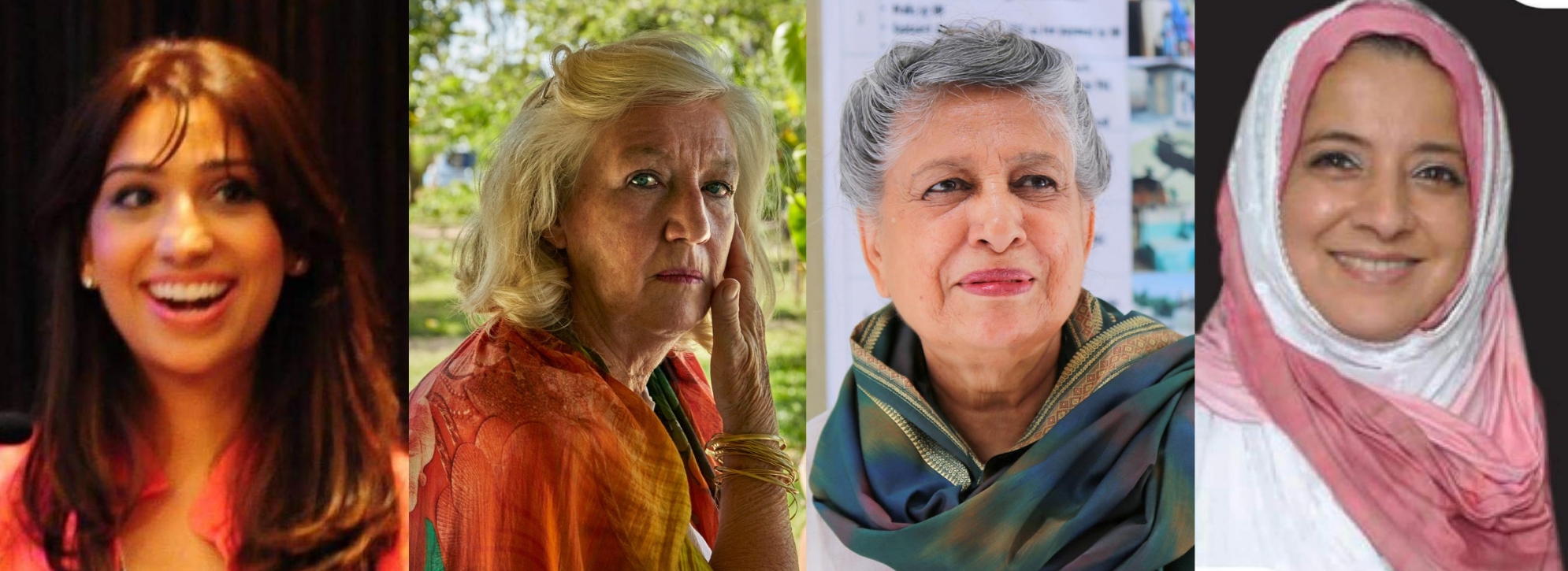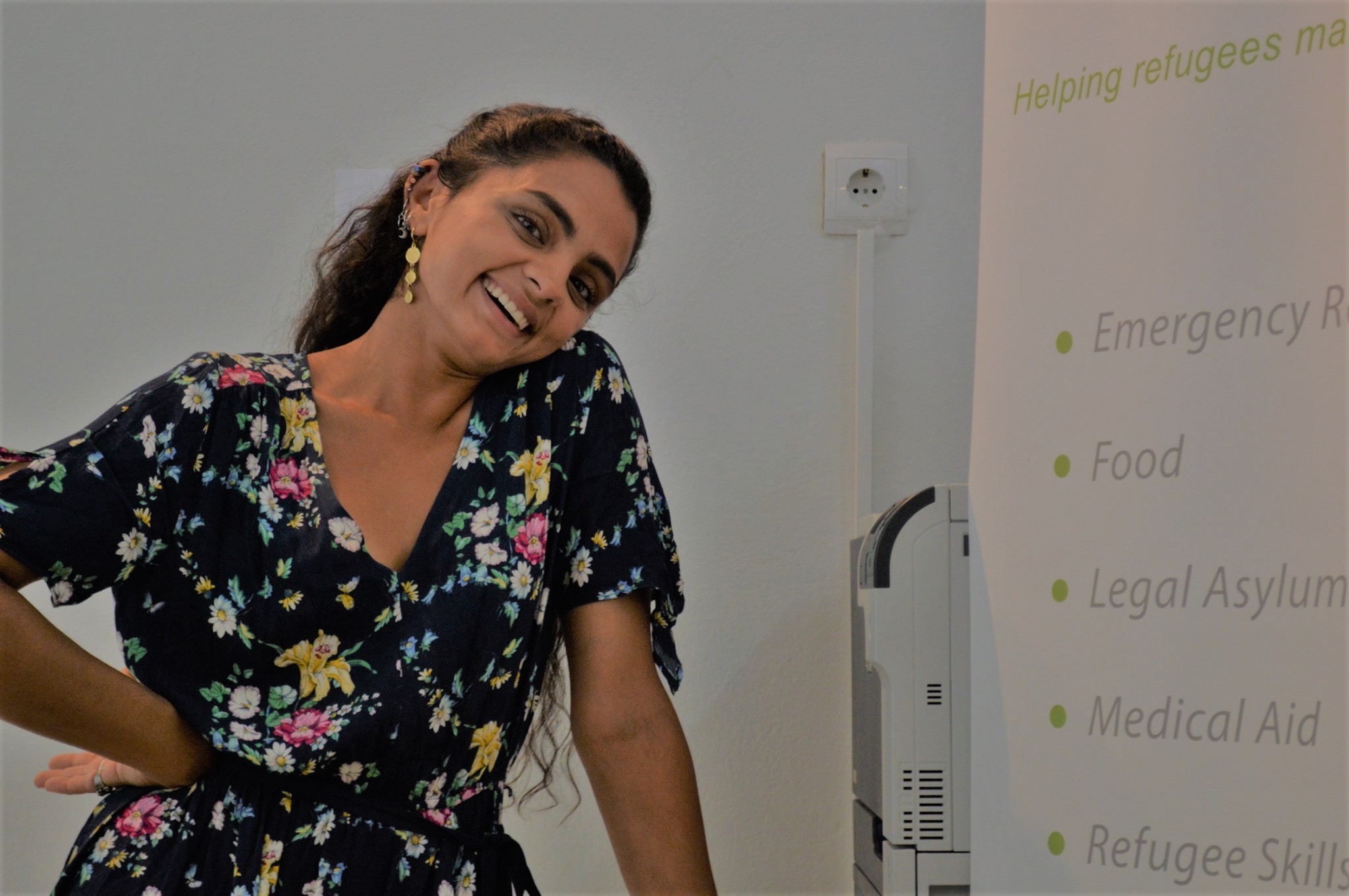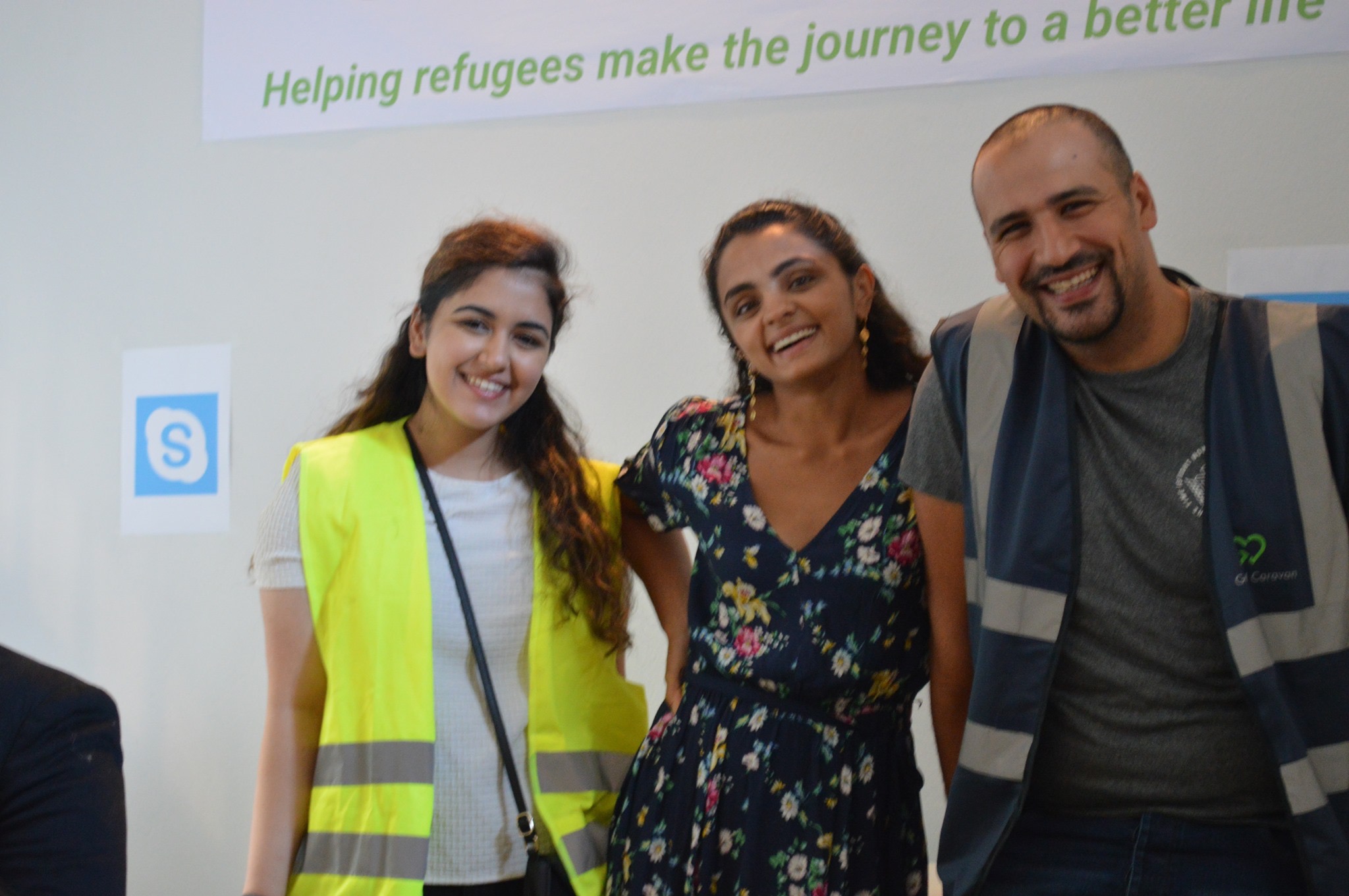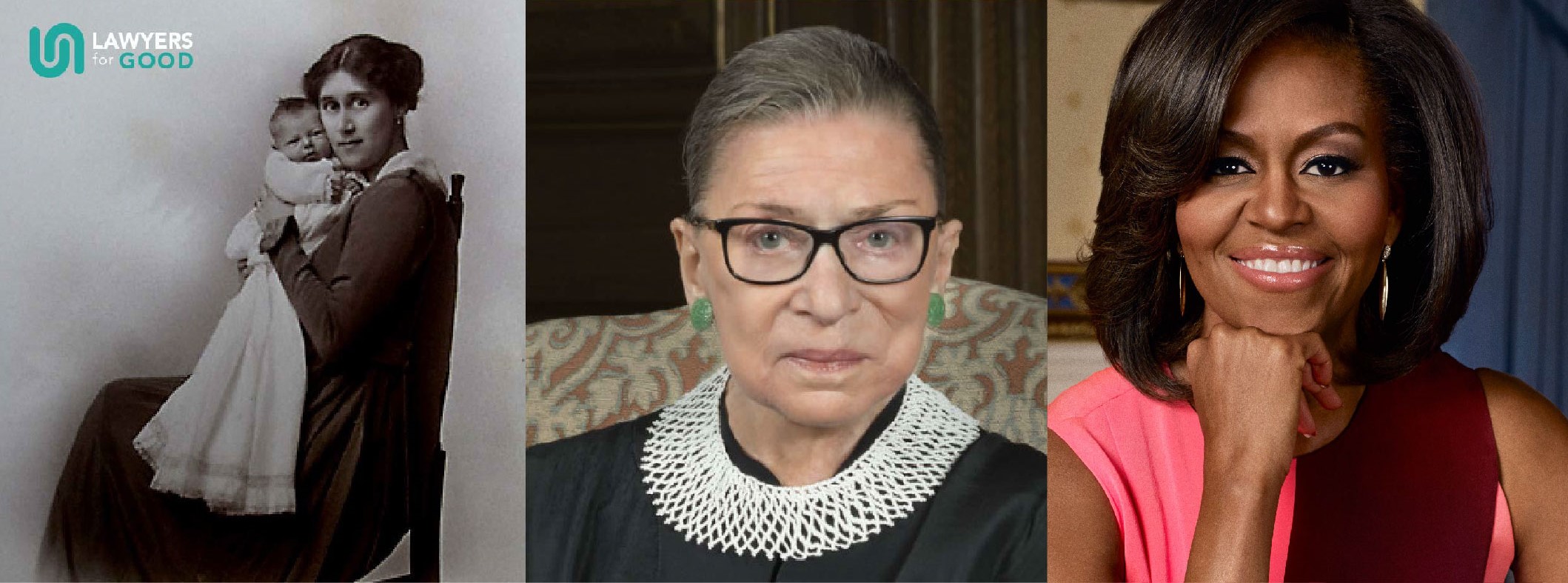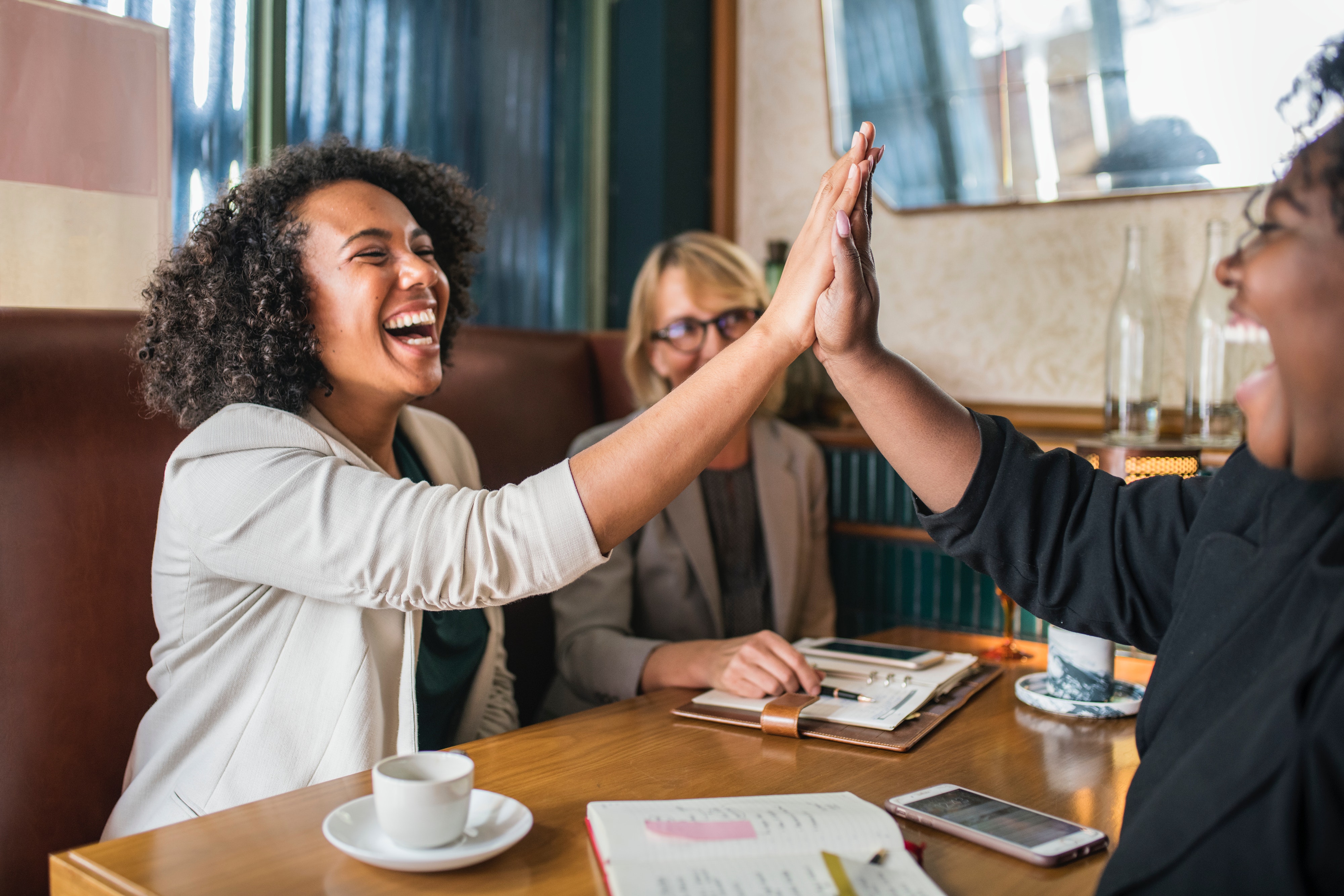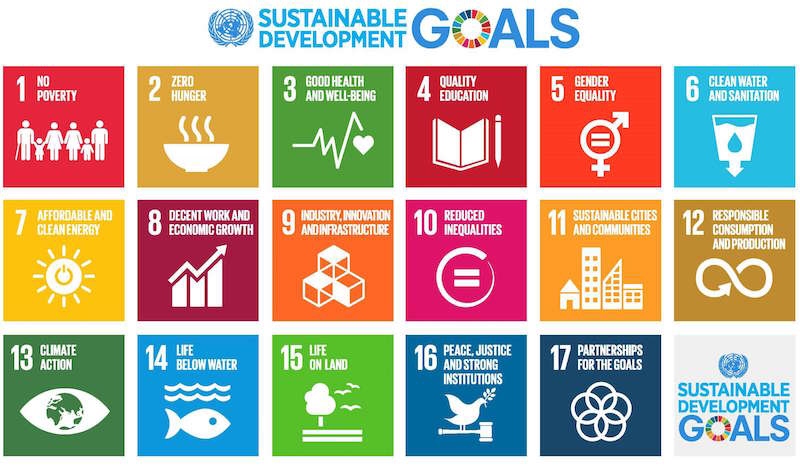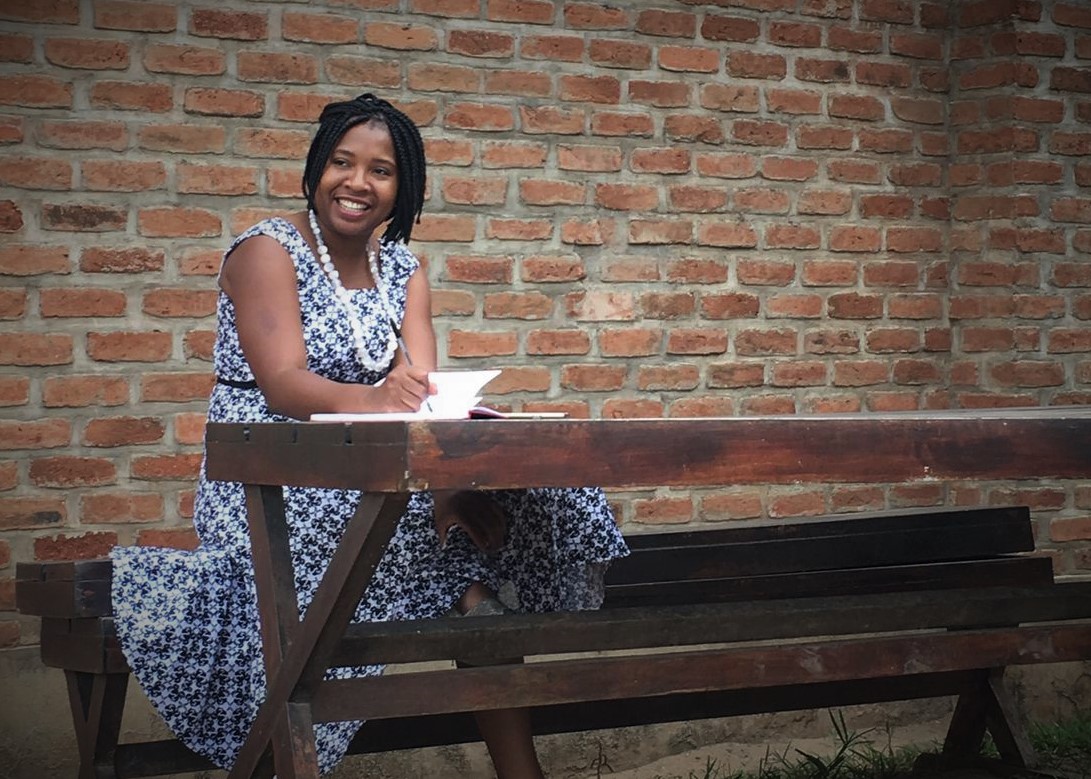In October 2018, Lawyers For Good founder Khatija Sacranie travelled to see her aunt Margriet in Malawi. It was a trip that would spark something big, thanks to Khatija’s visit to Green Malata Entrepreneurial Village – a skills training centre founded and run by Margriet’s organisation, the Children’s Fund of Malawi. It was the conception of an idea for a platform to bring together bright minds around the world.
Malawi’s entrepreneurial youth
It’s no secret that Malawi is one of the poorest countries in the world. More than half of its population of 18 million live on less than $1.90 a day. As much as 40% of the Malawian population is under 15 years old, and one million children are orphaned. All this puts enormous pressure on the country’s educational, agricultural and health systems. One third of Malawi’s young people are unemployed. Most are girls: they are not in school or training, have no work opportunities and lack any future prospects. The Green Malata Entrepreneurial Village has sought to change this. Green Malata trains young people from surrounding regions in vocational skills – the country’s stagnant job market means that entrepreneurial skills are imperative for Malawians to thrive after education. Programmes include IT, hairdressing, tailoring and agriculture.
Lawyers, leverage, and skills that go a long way
For Khatija, a seed of possibility was sown. As a mid-career lawyer, Khatija had been thinking about her own skillset, and feeling that there was more to be done with it. Lawyers are dealmakers and strategists that affect high-impact change. They are capable of project managing multi-billion-dollar deals, influencing top-level executives and reaching across borders to mediate and advocate. And in many ways, she felt, the legal sector needs to change – just as the Malawian youth are diversifying and taking control of their own futures, so too must the lawyers getting burnt out by the stagnant corporate structures that leave them unfulfilled.
Sustainability and self-reliance

At the same time, Khatija’s cousin, Safeeyah Moosa, was involved in an interesting project through her South Africa-based NGO Spiritual Chords – working with Pakistan’s first female architect and Fukuola Prize recipient Yasmeen Lari, whose Heritage Foundation had designed a model for sustainable, zero-carbon villages made of bamboo, lime and mud in earthquake-stricken areas of Pakistan. Spiritual Chords was helping to fund the next leap in the model – a sustainably-built village that incorporates vocational skills training within its architecture. The Green Shelters Project empowers marginalised communities in Pakistan to ‘replace the cycle of dependence with a culture of self-reliance’, and has changed the lives of the women living in these villages.
It was thanks to this level of knowledge-sharing and cooperation between a community of influential women that Lawyers For Good, along with its first project, was born. Malawi Sustainable Village Project is implementing the Green Shelters model at Green Malata – with Yasmeen Lari’s ‘Barefoot Architecture’ and the entrepreneurial framework that’s already proven hugely successful there – to create an eco-village for its students with visual impairment and other disabilities.
The cryptocurrency that pays it forward
The final piece of the puzzle in terms of Lawyers For Good’s involvement came in 2019, when Khatija approached cryptocurrency platform Electroneum to discuss supporting a project in Malawi. Khatija had been an early investor, attracted to the digital currency from its ICO stage due to its ethos – the UK’s first cryptocurrency sought to democratise the world of payments and create an ecosystem which had the unbanked in developing countries in mind. Electroneum enables many people who have previously had no access to electronic payments or bank accounts to access the world of digital payments via a smartphone. Electroneum went on to choose the Children’s Fund of Malawi as one of their supported NGOs, and since summer 2019 LFG has been supporting the coordination of Malawi Sustainable Village Project at Green Malata via mining rewards received for validating the Electroneum blockchain.
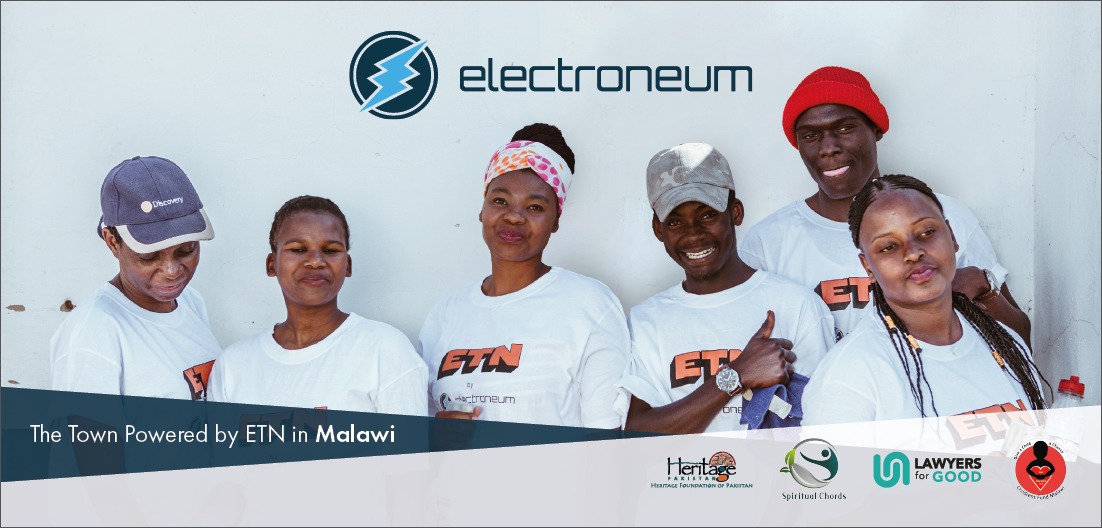
Covid-19, construction and cooperative female leadership
But the challenge doesn’t end there, and the vision has been further complicated during the last six months as the world has been stalled by the Covid-19 global pandemic. Just as plans were being made to ship the bamboo structures to Malawi from Pakistan, the borders were closed and no further travel or export was permitted into or within Africa. The project has had to further innovate, finding ways to train local Malawians remotely in how to construct the sustainable buildings, using locally sourced bamboo, lime and mud – we’re not giving up, even through challenging times. It’s a testament to the power of female leadership – how perseverance, hope and adaptability in teamwork make things happen.
A bridge to sustainable development
Lawyers For Good is now developing programmes in the UK and beyond that empower legal professionals to utilise their skills in more fulfilling ways – both individually and by working with corporates and law firms to build their CSR strategy. Lawyers For Good acts as a bridge between the complexities of sustainable development – filling in the links in the chain so that large organisations can efficiently and seamlessly fulfil their role in the UN’s global Sustainable Development Goals, and supporting grassroots projects in the implementation of their programmes – ensuring everyone involved can look to a brighter future.
Lead image L-R: Khatija Sacranie, Margriet Sacranie (credit: Julia Gunther), Yasmeen Lari, Safeeya Moosa
https://www.instagram.com/p/CDt5vb5oWuE/
